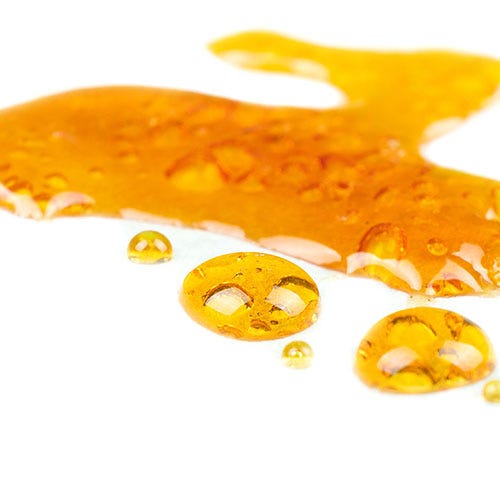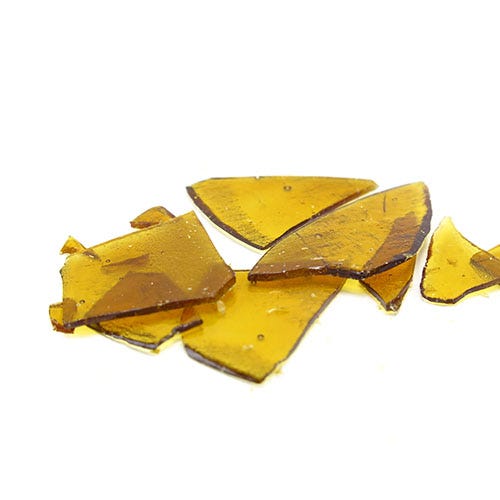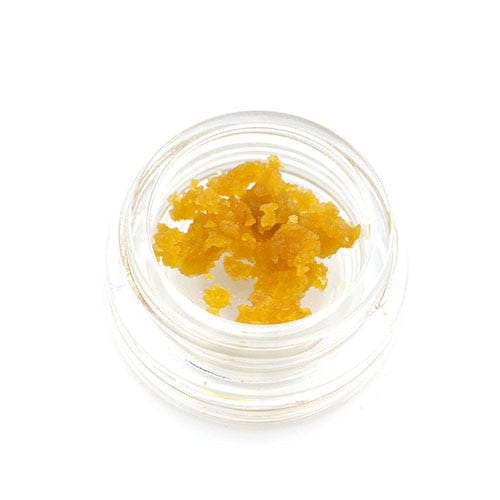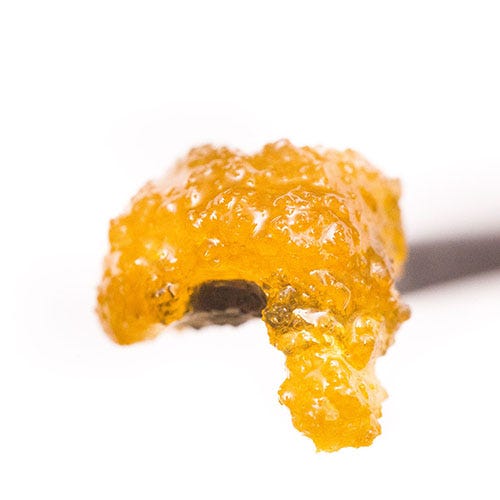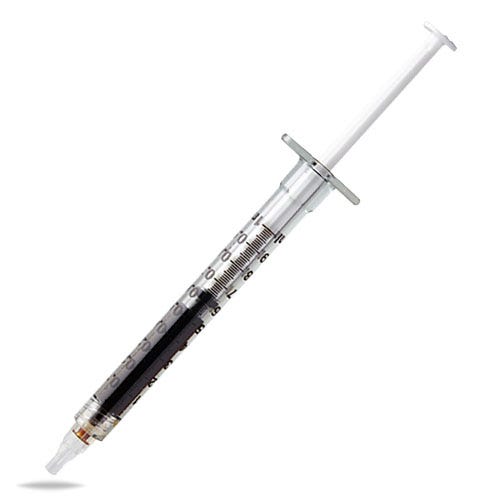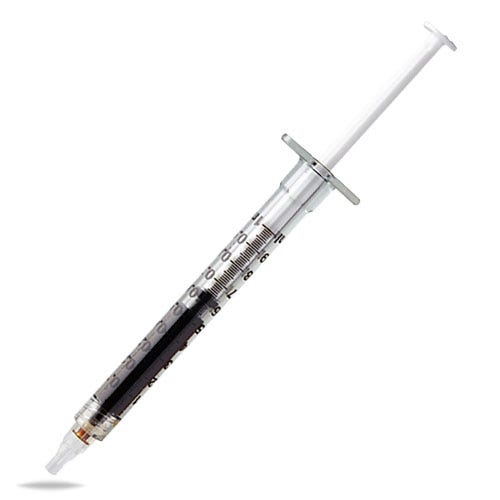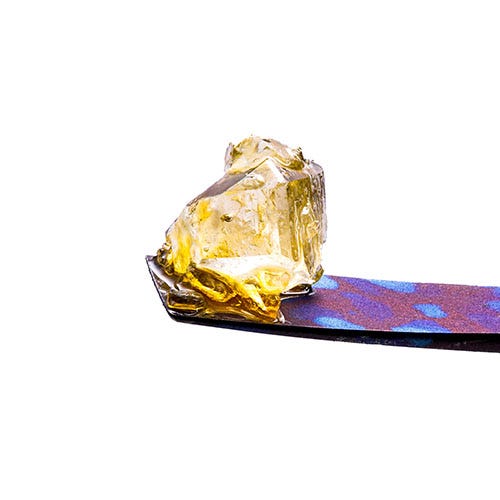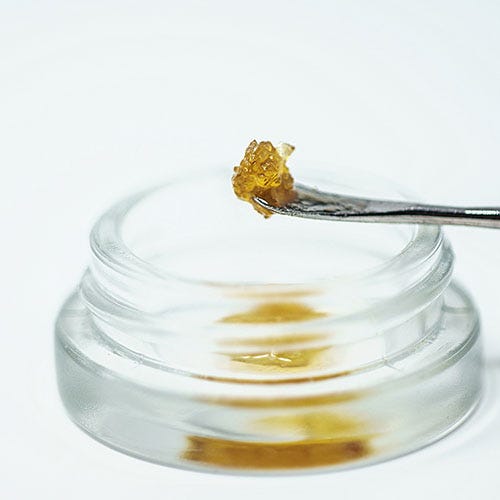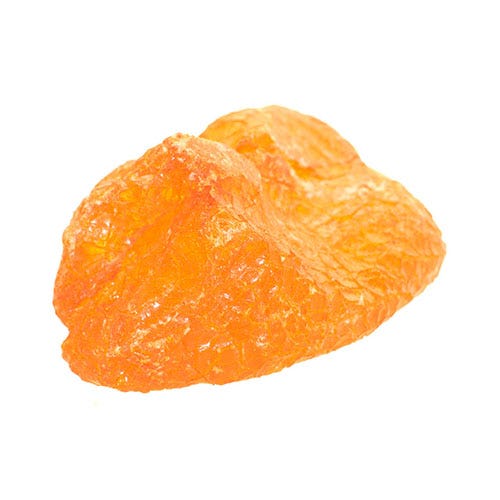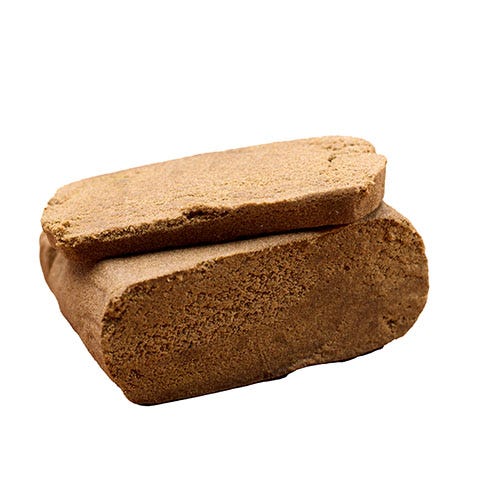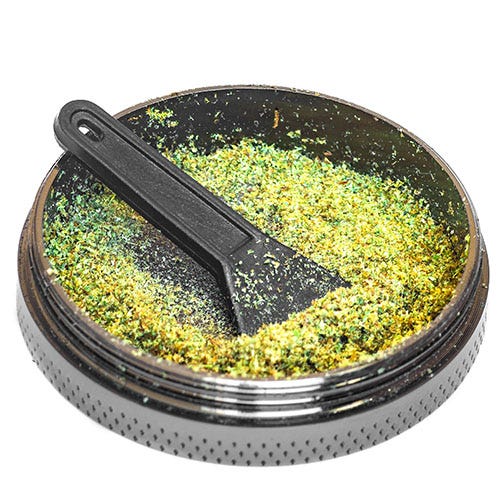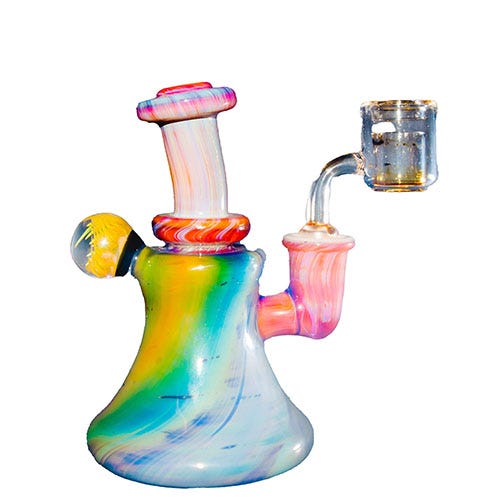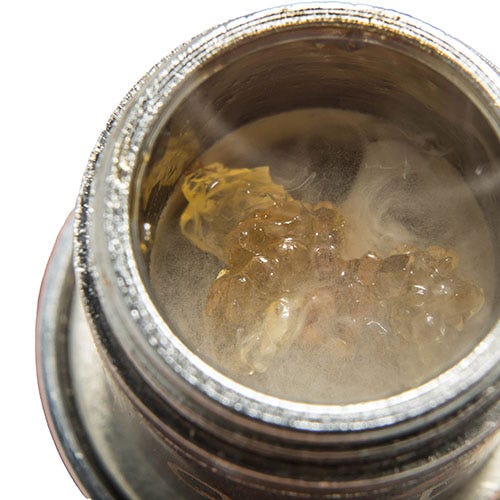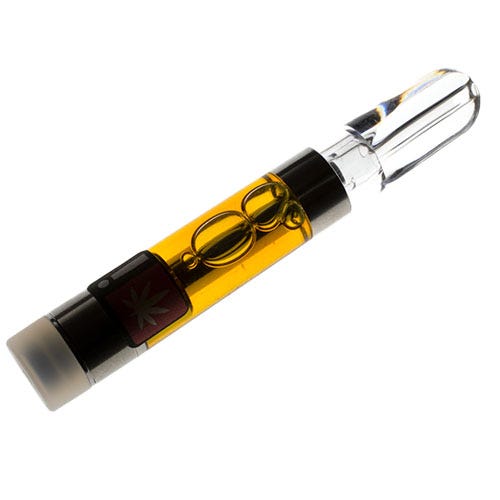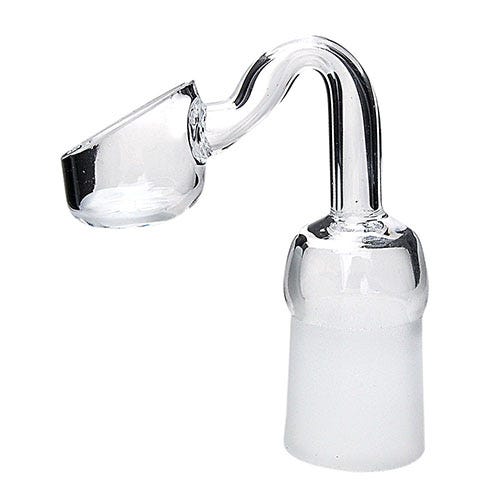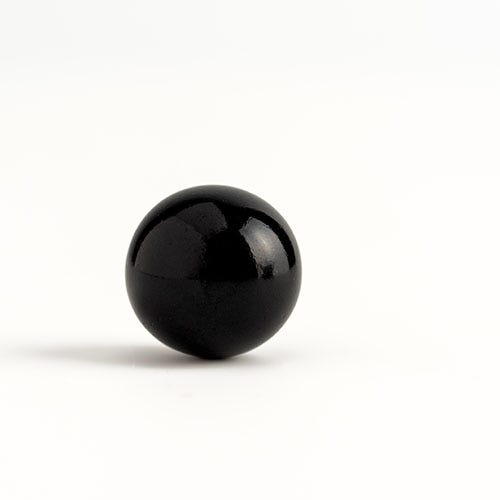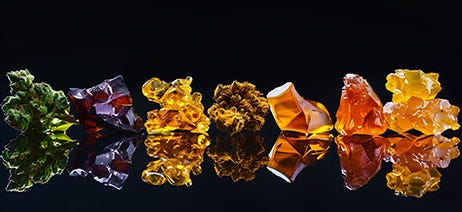
What Are Dabs: Cannabis Concentrates 101
Dabs, or cannabis concentrates, are popular and highly potent forms of cannabis. They are firm favorites of cannabis enthusiasts, and considering the various types to experiment with, that’s no surprise. In this guide, we unpack everything there is to know about cannabis concentrates, including:
- What is a Concentrate?
- How Are THC Concentrates Extracted from Cannabis?
- Types of Cannabis Concentrates
- What are the Different Tools Needed to Smoke Concentrates?
- What Are the Best Temperatures to Smoke Concentrates?
- Marijuana Concentrates FAQs
What Are Dabs, Also Known As Cannabis Concentrates?
Dabs are cannabis concentrates known for their potency and purity. They are made by extracting the active compounds of the cannabis plants, resulting in a concentrated form of THC and other cannabinoids. The concentrates are often consumed via dabbing, which involves heating the concentrate and inhaling the vapor.1
Why Are Concentrates Called Dabs?
The term “dab” is a slang term for cannabis concentrates because of how these products are frequently consumed—via dabbing. The dabbing process involves taking a small amount of concentrate, or a “dab,” and vaporizing it on a hot surface, like the nail of a dab rig. The resulting vapor is then inhaled, delivering a potent dose of cannabinoids.2
Are Concentrates Different From Extracts?
While the terms “cannabis concentrates” and “cannabis extracts” are used interchangeably, they aren’t exactly the same. Extracts are different because they are a specific type of concentrate made using solvents to separate the active compounds from the cannabis plant. All extracts are considered to be marijuana concentrates, but not all concentrates are extracts.3


How Are THC Concentrates Extracted from Cannabis?
There are two main methods to extract THC, the other cannabinoids, terpenes, and other plant compounds from cannabis to create a concentrate:
Solvent-Based Extraction: This method uses solvents like butane, propane, or CO2 to extract the THC and other cannabinoids from the cannabis plant’s resinous glands, known as trichomes. The solvents dissolve the cannabinoids, which are then collected and purified.
Solventless Extraction: This method doesn’t use any solvents. Instead, mechanical processes, such as heat and pressure or ice water extraction, extract the cannabinoids. It’s often considered to be more natural and can produce high-quality, flavorful, solventless concentrates.


Types of Cannabis Concentrates
Many types of concentrates are available, differing in their extraction method, texture, potency, and flavor. Here are the most common ones.
Solvent-Based Cannabis Concentrates
Solventless Cannabis Concentrates
What are the Different Tools Needed to Smoke Concentrates?
Now that you’ve learned a bit about what cannabis concentrates are, you may be interested in the various consumption methods available. The ways in which concentrates are consumed are slightly different from what you may be used to, so here’s a primer to get you started.
What Are the Best Temperatures to Smoke Concentrates?
Selecting the perfect temperature for your concentrates depends on what type of experience you want: high flavor, high impact, or both. Here is a guide for selecting the right temperature.
High-Temperature Concentrates: 570 - 600 Degrees Fahrenheit
Setting your concentrate consumption tools to high temperatures will encourage maximum cannabinoid - THC, CBD, etc. - extraction, leading to a more powerful experience. However, since terpenes boil off at these temperatures, you won’t be able to experience as much of the flavors and aromas of the concentrate.4
Standard Temperature Concentrates: 500 - 570 Degrees Fahrenheit
When in doubt, use a standard temperature for just about all concentrates. Extracts like live resin, shatter, and crumble that are heated to this temperature will remain flavorful and potent without scorching the valuable terpenes.4
Low-Temperature Concentrates: 400 - 500 Degrees Fahrenheit
Selecting lower temperatures for concentrates will provide you with the most flavorful experience as the concentrates will melt without boiling the terpenes. However, since not all of the concentrate will be hot enough to vaporize, you’ll likely end up with more waste.4
It’s best to start somewhere in the middle and adjust from there to find your ideal temperature setting.


Best Way to Store Concentrates
There’s nothing worse than investing money in good quality concentrates only for them to go bad. The best way to avoid this is to store your concentrates properly.
In general, you want to protect your concentrate from heat, light, and air, and the storage solution will change based on the length of time you intend to keep them.5
- Short-term storage: If you plan on enjoying your concentrate over a couple days, you only need to keep it wrapped in parchment and stored in a cool, dry, dark place.
- Medium-term storage: If you want to keep your concentrates for a couple of weeks, you’ll need to put your parchment-wrapped concentrate into a sealed bag. This lets you squeeze the air out of the bag before tucking it into an airtight container. Then, put it in a cool, dry, dark place.
- Long-term storage: If you want to keep your concentrates for a while, or if you just live in a hot location with no AC, you’ll want to keep your concentrates refrigerated or even frozen. Wrap your concentrate in parchment, place it into a sealed bag, squeeze the air out, and then tuck that into an airtight container. Then, put it in the fridge if you plan to use it over a couple of months, or put it in the freezer if you want it to last even longer. Just remember, when you take it out, let it come to room temperature before you open the container. This will help to keep moisture out of your concentrate.




Marijuana Concentrate FAQs
Want to know more about these ever-popular cannabis concentrates? Ask your budtender, or check out these commonly asked questions:
Is there a difference between concentrates and extracts?
Concentrates can be made using a solvent-based or solvent-free extraction process, but extracts are only made via solvent extraction. That means all extracts are marijuana concentrates.
How potent are marijuana concentrates?
Cannabis concentrates are highly potent, with THC levels ranging from 60% to 90% (or higher). In comparison, the average THC content in cannabis flower is 10-30%.5
Why are concentrates more potent than flower?
Concentrates are made by extracting, concentrating, and purifying the active compounds of cannabis, such as cannabinoids, terpenes, and flavonoids, resulting in a much stronger product than flower.6
How many types of concentrates are there?
There are many different types of THC concentrates, each with unique properties and extraction methods. Some favorites are hash, rosin, budder, crumble, shatter, wax, and THC distillate.
What temperature is needed to smoke concentrates?
If your dab rig or vape pen allows you to set a temperature, we recommend starting somewhere between 500 - 570 degrees fahrenheit. This standard range will provide you with a flavorful experience, and you can adjust accordingly from there.
Can dabs get moldy?
Yes. Dabs that have not been stored in a cool, dry place can be exposed to moisture. Moist dabs can become moldy dabs. If you notice mold on your concentrates, toss them. Consuming moldy concentrates can be dangerous.8
Do you need a dab rig to smoke concentrates?
There are a variety of tools available to smoke concentrates, including dab rigs, dab pens, nectar collectors, and vape pens. If you’re unsure of which tool to choose, ask a budtender at your local dispensary.
Do concentrates lose potency over time?
Yes. Over time, concentrates will start to degrade, which causes them to lose their flavor and potency, and change color.9
Can you freeze concentrates?
You can freeze concentrates if you are looking to preserve your concentrates for longer periods of time or if you just don’t have a good, cool spot in your house to keep them. Just make sure that you wrap them up and vacuum seal them.5


Purchasing Cannabis Concentrates
Cannabis concentrates can be purchased at state-licensed dispensaries, ensuring the products are legal, safe, and of high quality. Talk with your favorite budtender if you want to know more about the potency of concentrated THC and the variety of marijuana concentrates available.
Sources:
1. “Concentrates,” Leafly, https://www.leafly.com/learn/cannabis-glossary/concentrates
2. “What is dabbing?” Leafly, May 9, 2024, https://www.leafly.com/learn/consume/dabs
3. “What are cannabis concentrates and how do you consume them?” Weedmaps, https://weedmaps.com/learn/products-and-how-to-consume/cannabis-concentrates
4. “Best dabbing temperatures” Leafly, May 9, 2024, https://www.leafly.com/learn/consume/dabs/best-dabbing-temperatures
5. “How To Properly Store Cannabis Concentrates,” High Times, April 12, 2018, https://hightimes.com/guides/how-to-properly-store-cannabis-concentrates/
6. “5 differences between cannabis concentrates and flower,” Leafly, July 28, 2020, https://www.leafly.com/news/cannabis-101/5-differences-between-cannabis-concentrates-and-flower
7. “What Are the Benefits of Cannabis Concentrates?” Leafwell, https://leafwell.com/blog/benefits-cannabis-concentrates
8. “How to Avoid Bad Dabs: A Guide,” High Times, March 18, 2016, https://hightimes.com/grow/how-to-avoid-bad-dabs-a-guide/
9. “How cannabis retailers can avoid problems storing concentrates,” MJBiz Daily, July 1, 2022, https://mjbizdaily.com/how-marijuana-retailers-can-avoid-problems-storing-concentrates/


